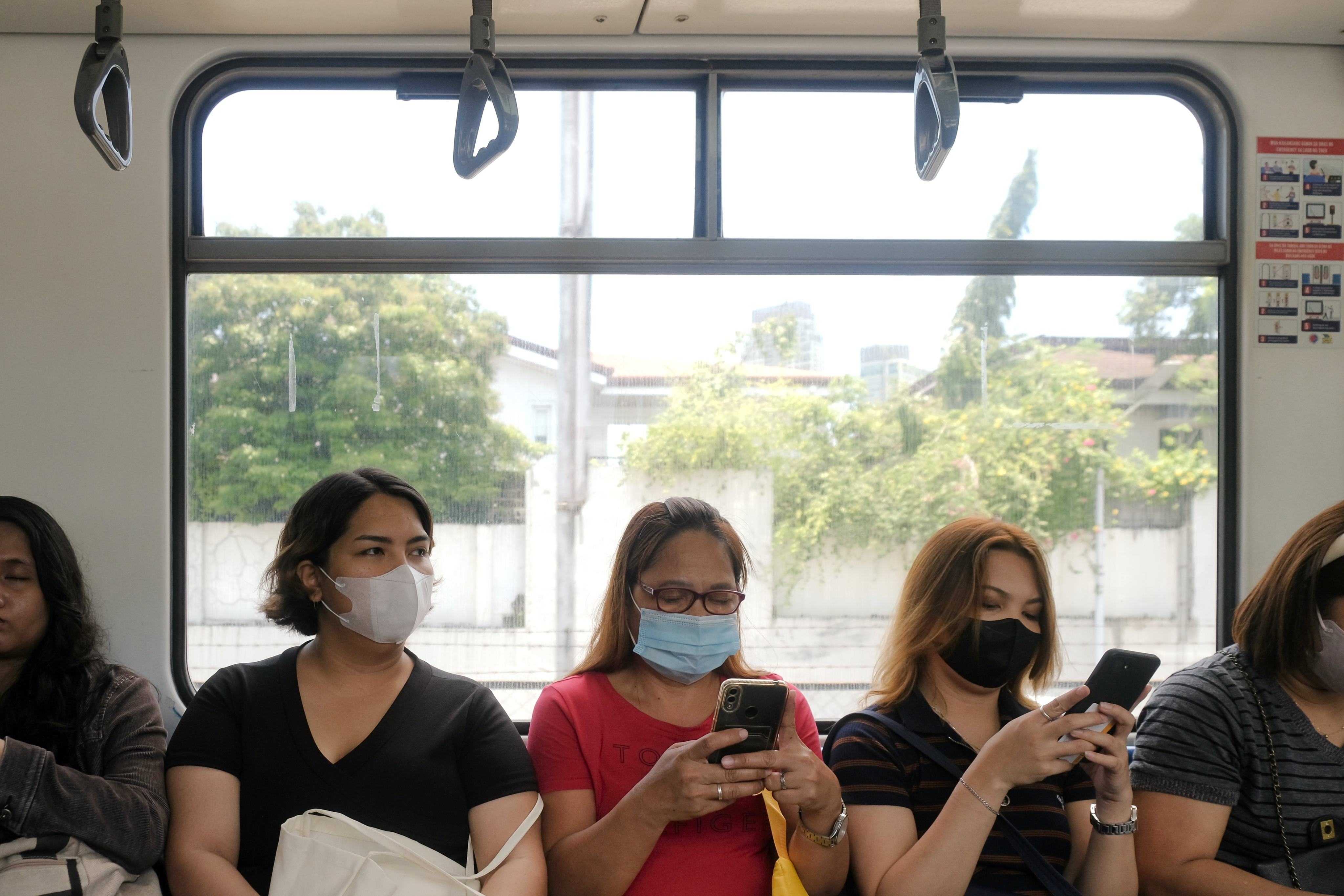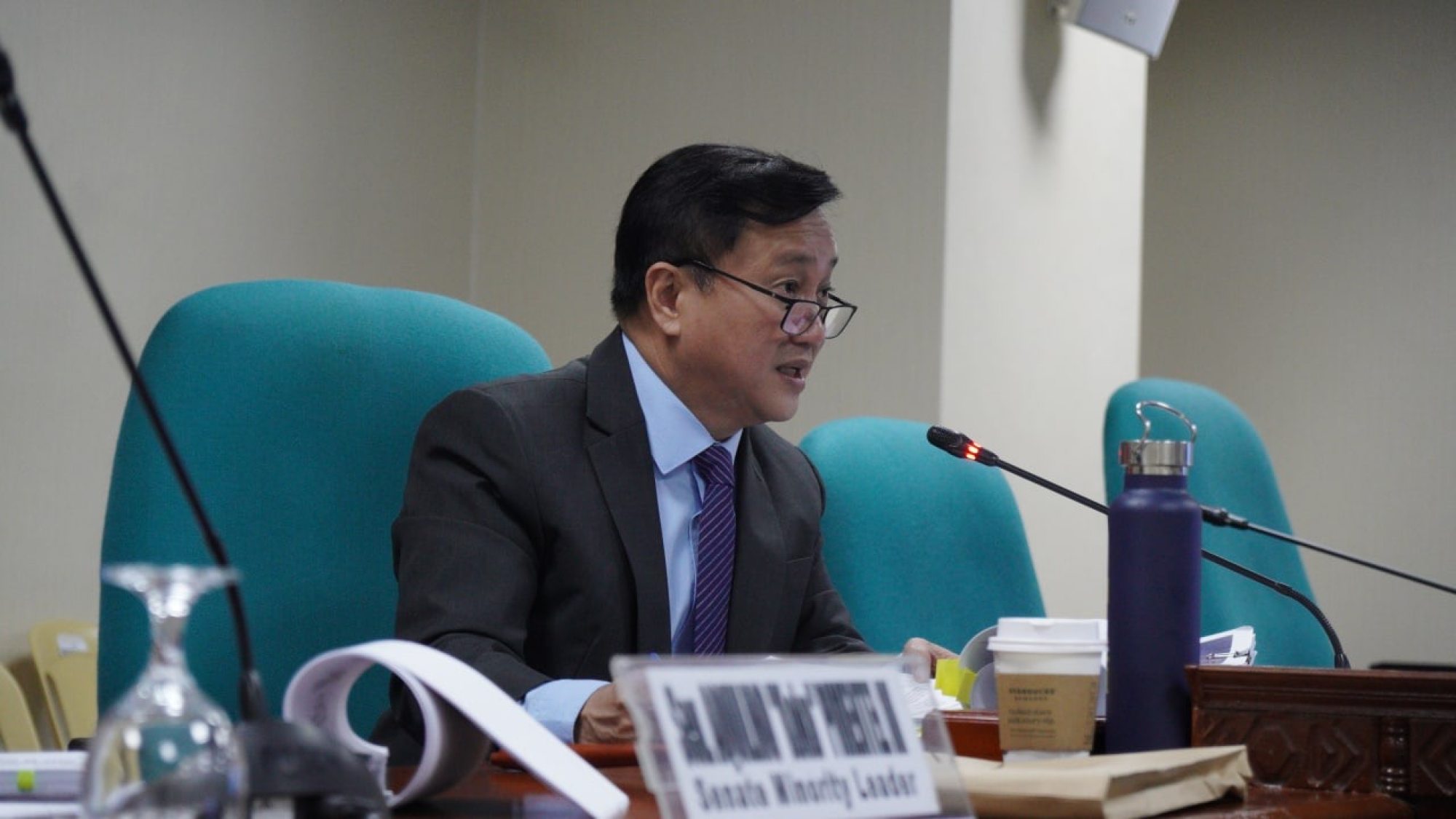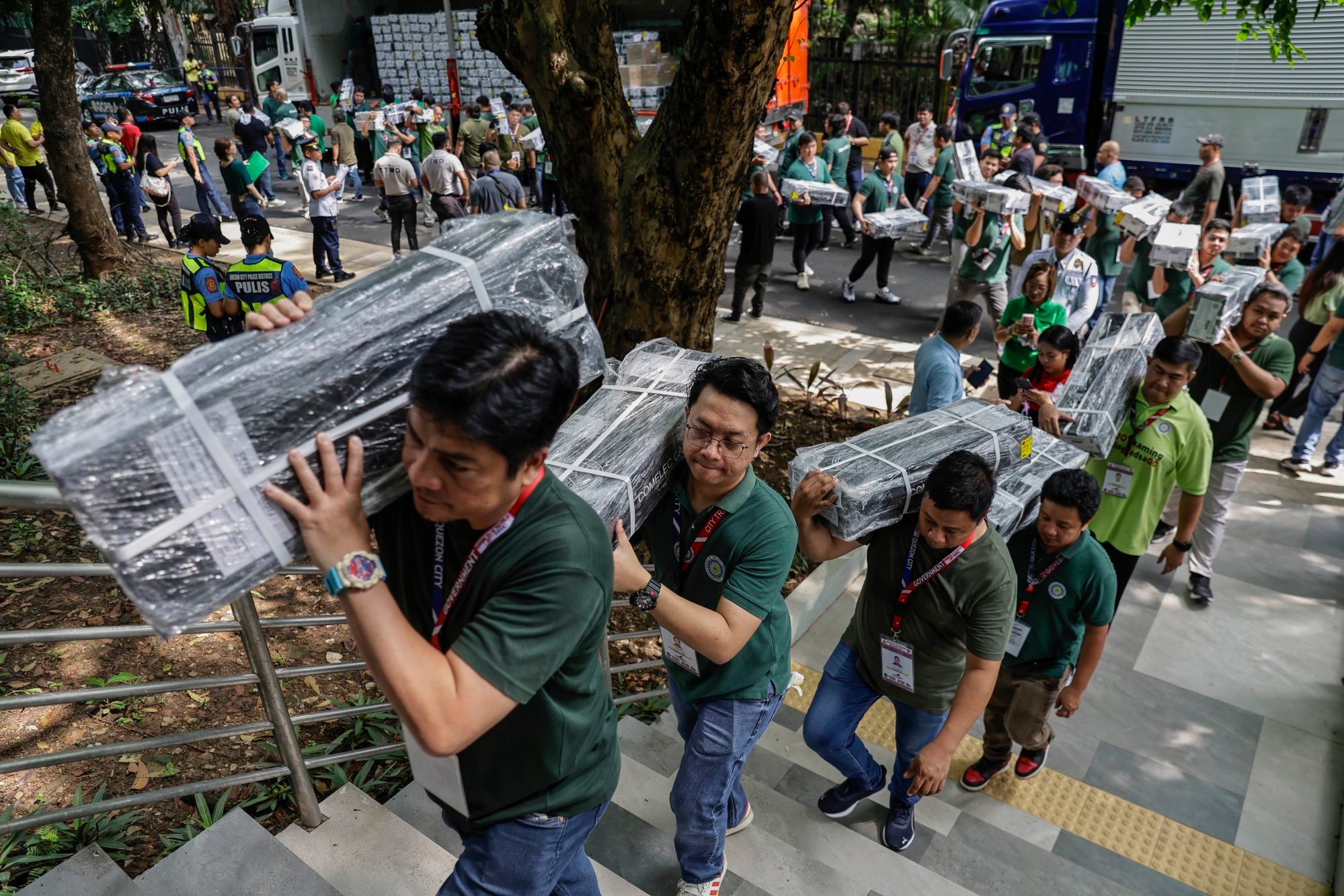Calls for sanctions as Philippine probe accuses Chinese embassy of influence campaign
Allegations, if true, could lead to expulsion of embassy personnel and legal action under a law targeting subversive acts during peacetime, analysts say

A Philippine Senate probe has accused the Chinese embassy in Manila of funding a covert online influence campaign aimed at discrediting the country’s military and critics of Beijing ahead of midterm elections – prompting calls for diplomatic sanctions and potential criminal prosecution.
If the allegations prove to be true, the operation – said to involve hundreds of fake social media accounts – could lead to the expulsion of embassy personnel and legal action under a rarely invoked 84-year-old law targeting subversive acts during peacetime, analysts have warned.
The Chinese embassy and its local partner, Infinitus Marketing Solutions, have strongly denied the accusations. In a Senate hearing on Monday, however, the company’s CEO confirmed receiving funds from the embassy, while maintaining there was no connection to a disinformation campaign.
Paul Li, the Chinese national who heads Infinitus, told lawmakers a cheque of 930,000 pesos (US$16,780) from the embassy – presented as evidence they had been hired to operate the disinformation campaign during a previous hearing – was in fact payment for organising a June 2023 event attended by President Ferdinand Marcos Jnr.
Li confirmed “we are the PR company for the Chinese embassy” during his testimony before the Senate’s Special Committee on Philippine Maritime and Admiralty Zones, chaired by Senate Majority Leader Francis Tolentino.
However, he denied the claims that his firm managed a network of 330 fictitious accounts on Facebook and X allegedly used to manipulate public sentiment.

Tolentino, a lawyer and senior Senate figure, presented what he said was a notarised contract between Infinitus and the Chinese embassy outlining the operation, along with a progress report the company had reportedly submitted to the embassy.
According to the report – the authenticity of which Li disputed – fake accounts impersonating students, teachers, soldiers and business owners allegedly promoted content critical of the US-made Typhon missile system, which was deployed to the Philippines last year, and posts portraying Marcos Jnr and his family in a negative light.
One excerpt said the accounts were used to “propagate a special video explainer about the cons of the Typhon missile system”, while others featured posts about the supposed risks of having “a dictatorship family” in power.
The report also claimed the campaign targeted Congressman Robert Ace Barbers, who has spoken out against Chinese actions in the South China Sea, with “massive comment operations” on his official Facebook page.
During a previous hearing on April 24, Tolentino alleged that the embassy issued direct instructions to Infinitus via phone. He said the purported campaign intensified shortly after the passage of the country’s new maritime zones law in November, with online posts suggesting the legislation would exacerbate tensions with China.
One post cited by Tolentino said: “The Philippine government should not have passed this law because they know very well that it will only intensify our conflict with China and other Asian neighbours.”

Tolentino also claimed he had been personally targeted online due to his sponsorship of the maritime legislation. “The money that the Chinese embassy paid was for something hidden and sinister – a covert disinformation and influence operation against the Philippine government and the Filipino people,” he said, alleging the effort was also intended to sway the May 12 midterm elections.
Li, however, denied knowledge of any such operation. “It’s my first time to see it,” he said, referring to the contract and reports presented at the hearing. “I don’t know about this. I cannot recognise this.”
Tolentino accused him of lying to the committee, saying the documents were notarised and could be independently verified. He said the lawyer who notarised the contract would be summoned for the next hearing.
The Chinese embassy has strongly denied the allegations, saying in a statement released last week that it had “no interest in interfering in elections in the Philippines”.
“We are strongly against the heinous accusations towards China and condemn the obstruction of the normal functioning by the embassy.”
Without naming Tolentino, the statement said the embassy had noticed the “attempts of some politicians to play the so-called China card to serve their political self interests and boost their election prospects before the midterm elections. Such attempts are despicable and doomed to failure”.
In response, Tolentino released a statement saying: “I look forward to seeing the day when we will be expelling some Chinese diplomats because of this incident.”
Diplomatic fallout?
Expelling foreign diplomats is rare in the Philippines. Retired Supreme Court senior associate justice Antonio Carpio told This Week in Asia that the decision would rest with the president. “Usually, if it is the first expulsion, a low-level diplomat will be expelled,” he said.
One possible target, if any expulsion were to occur, could be Wu Chenqi, the embassy’s media and public relations director, who is said to have signed the contract with Infinitus marketing director Myka Poynton. Wu did not appear at Monday’s hearing despite being invited.
According to a former senior government official, who spoke on condition of anonymity, there has not been any instance in which a foreign envoy was expelled by Manila. Even during the 1995 diplomatic crisis over the execution of Filipino domestic worker Flor Contemplacion in Singapore, both sides merely recalled their ambassadors.
Any diplomatic response should be grounded in verified evidence, the former official said. “We should first establish the facts. Otherwise, we risk looking like we’re chasing shadows. Crack Infinitus first.”
The former official also cautioned that any attempt to prosecute such campaigns would require careful legal groundwork, as efforts to curb online disinformation could raise constitutional concerns.

University of the Philippines law professor Barry Gutierrez said while no treason charges could be filed – since the country was not at war – a number of existing laws might still apply.
One possibility is Section 3 of Commonwealth Act 616 of 1941, according to Gutierrez. It punishes “disloyal acts or works in time of peace” that aim to influence the morale or discipline of Philippine or US armed forces. The offence carries a maximum penalty of 10 years in prison.
Provisions from the Cybercrime Law and inciting to sedition under Article 142 of the 1932 Revised Penal Code could also be applicable, Gutierrez noted.
Invoking the country’s anti-terrorism law, which includes language on disrupting critical infrastructure through information systems and technology, may be another option.
“Theoretically, this can be interpreted to include social media activity,” Gutierrez told This Week in Asia. “Maybe not a single post – but full-blown influence operations can plausibly be covered.”
However, he stressed that the use of these laws against coordinated social media operations had yet to be tested in court.